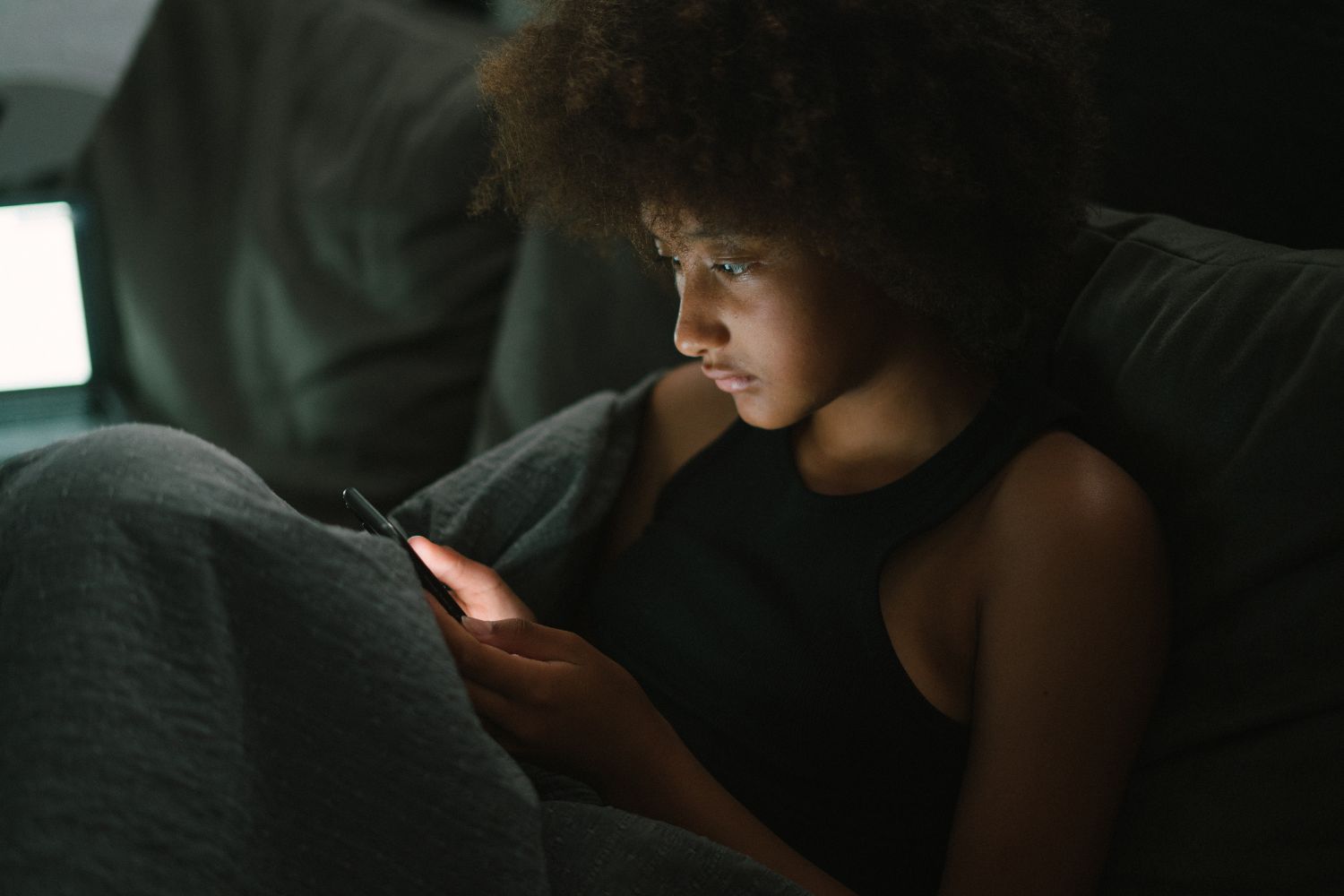Every additional hour of screen time is linked to a 63% increased risk of insomnia and 24 minutes less sleep. Study finds that time spent with a smartphone in bed leads to worse sleep

Blue light is harmful, of course, as is constant, compulsive social media interaction, but the worst thing about taking your phone to bed is the sleep you’re giving up. It’s simple and obvious: “What matters is not what we do, but how much time we spend looking at the screen.”
This is the conclusion of a new study in Frontiers in Psychiatry, which found that use of smartphone or tablet in bed greatly reduces both sleep quality and amount.
Sleep disturbances are very common among students, with serious implications for mental health, learning, and overall well-being, says Gunnhild Johnsen Hjetland, study coordinator.
The study
The research was conducted on over 45,200 young Norwegian individuals between 18 and 28 years old. The test subjects were asked initially whether they used smartphones or tablets after dark and, if so, how many hours they used them for. They were then asked to report what activities they performed—watching a film or series, playing a game, use of social media, internet searching, listening to podcasts or sound, or studying. They were also asked about bedtimes, wake-up times, how long they took to sleep, and if they slept in the daytime.
Once answers had been gathered, the researchers split the participants into three groups: those who did one thing with social media, those who did nothing with social media, and those who did more than one thing.
The results revealed that being exposed to the screen of a smartphone or tablet for an hour before turning off the lights increases the risk of insomnia by 59% and reduces sleep duration by 24 minutes. This confirmed the simple idea that the time spent with eyes glued to the screen—no matter what you’re doing—negatively impacts sleep, as it delays the moment of falling asleep.
The best advice is to refrain from looking at smartphones and tablets at least 30-60 minutes before bedtime and, at least, to disable notifications during the night, Hjetland concludes.
